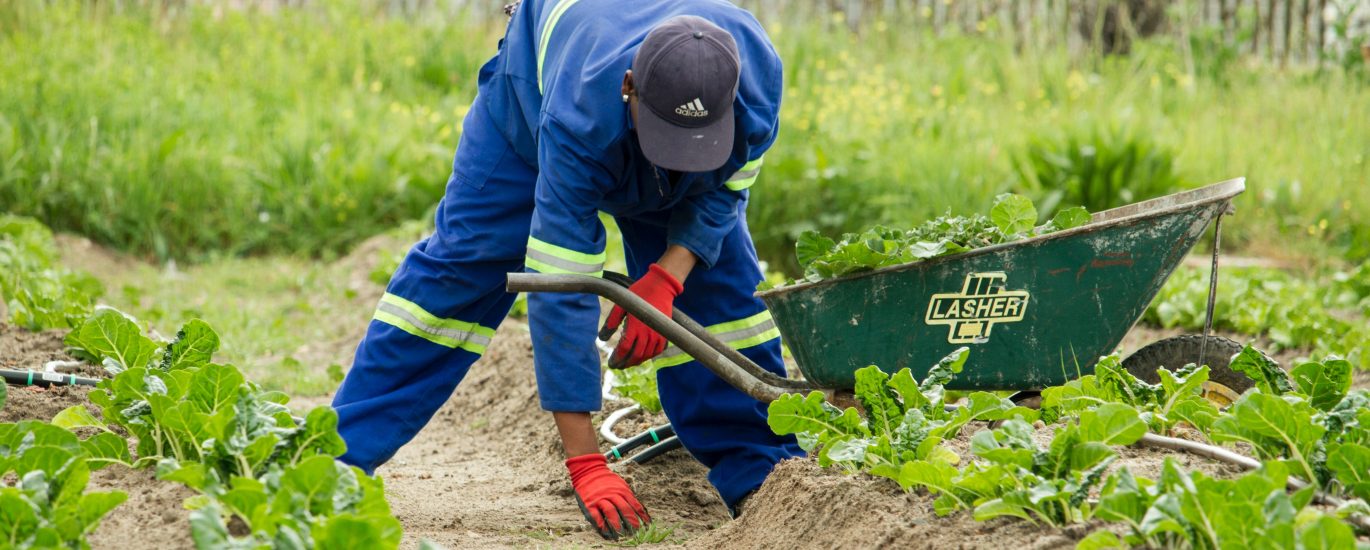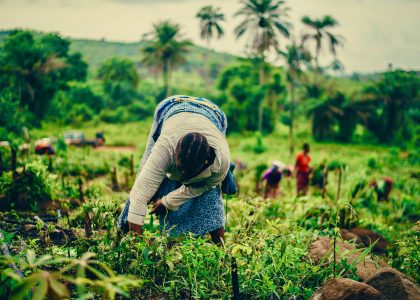West Africa is the second largest producer of soybeans in the world, accounting for over 11% of the total production. In this part of Africa, farming is often done by hand and without significant mechanization. This leads to an extremely low yield rate, which translates to high production costs for soybean farmers.
One of the major challenges in West Africa is the lack of sustainable and organic soy farming. This is because soybean cultivation demands a lot of water and nitrogen fertilizer. West African farmers do not have access to either, which makes it hard for them to cultivate soybeans.
The issue that West African agriculturists face has been solved by a group of entrepreneurs from Ghana and Nigeria who are importing both water and nitrogen fertilizer from Europe. These resources are then sold at a subsidized price to the farmers in order to encourage them to grow soybean crops without any added environmental costs.
This development has led to an increase in rural employment rates because these farmers now have additional income from selling this crop on the market.

The simple, sustainable soy practices in Burkina Faso and Togo have led to this successful farming.
Africa: Our Future is in our Hands
A few years ago, the African Union, a partnership of African nations, recognized that there were problems in the continent with food shortages. One of their initiatives was to increase production of soybeans across Africa. The initiative has been a success for many reasons. One reason is because the farmers in Burkina Faso and Togo use sustainable methods for growing soybeans.
Another reason is because they are exporting to Europe and China instead of only selling on the local market. All these factors have contributed to Africa becoming more self-sufficient when it comes to food production and that has led to economic growth as well as stability for these two nations as well as other countries in Africa who use this same practice




